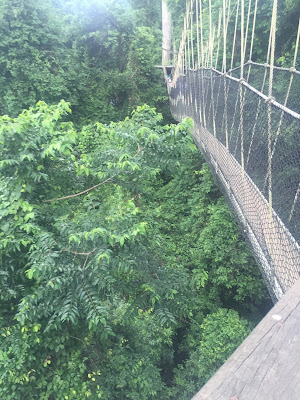 |
| I know I recently used this, but I should have saved it for this post. Image © Lori Gravley. |
This week, I got some great news. A poem I submitted earned a first place prize
which included a writer’s conference scholarship and publication. An anthology that included five of my poems
was accepted for publication. My CSA asked to use on of my pictures from last year for their cookbook.
I also got some disappointing news. I wasn’t chosen for a mentorship I applied to, and one of the agents who had a full of my poetic memoir declined to represent
me. Her note was lovely and she had high
praise for my work, but she felt she was representing too many verse
novelists. So, the answer was no.
Guess which bits of news I thought of more often.
This writer’s life is full of yesses and nos. I understand that, but I hate no. I’m not sure when it happened, but somewhere
in my childhood, I learned to hate it. In fact, I stopped asking for things because the answer was so often
no.
It’s normal to dislike no, but I have such a strong aversion
to it that for a long time I didn’t ask for people to read and accept my
work. I’ve been working with that
aversion.
But I’ve been wondering, recently, what other effects this
aversion to no has had on my life. How
much do I avoid asking for things when the answer might be no? How often do I
do it myself instead of asking someone who might say no?
I started a practice of sending out my work, knowing
sometimes the answer would be no, but it’s a practice fraught with
anxiety. I wonder if I need some new
mantra to repeat to myself. The quote at
the beginning of the post attributed seems to be a good place to start.
My work and my writing life will find their right place in
the end. If they haven’t found a home,
it’s not the end.
Now, to move that mantra into my heart.





